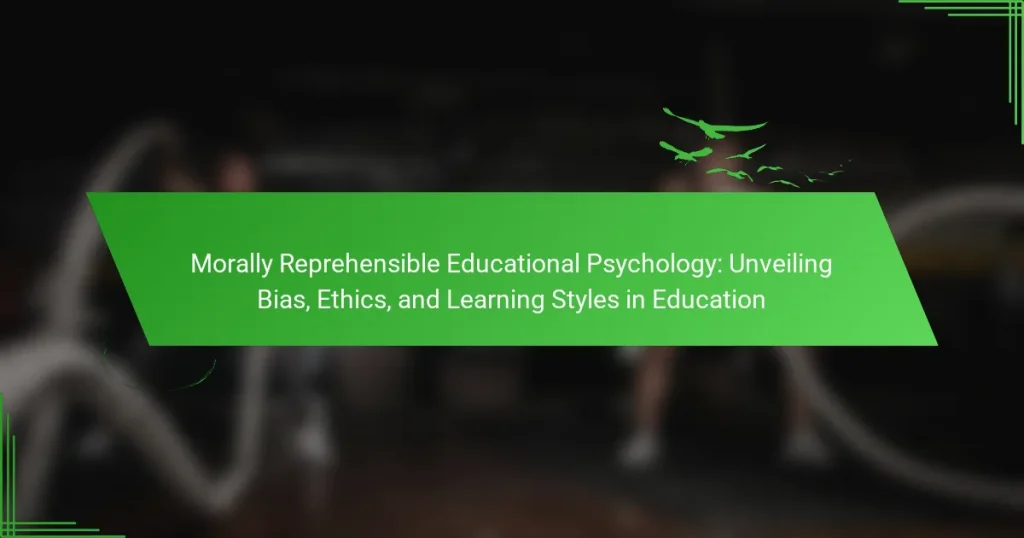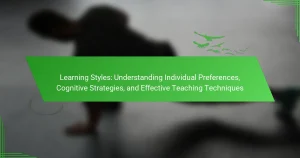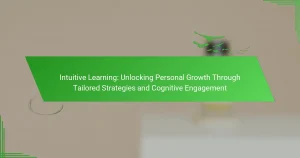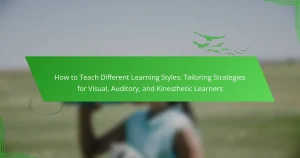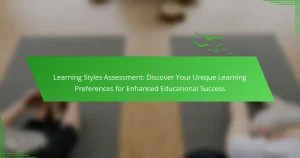Bias in educational psychology poses ethical challenges that significantly impact learning outcomes. This article explores the influence of bias on student treatment, examines the role of ethics in educational practices, and discusses the importance of recognizing diverse learning styles. By addressing these issues, educators can create more equitable and effective learning environments.
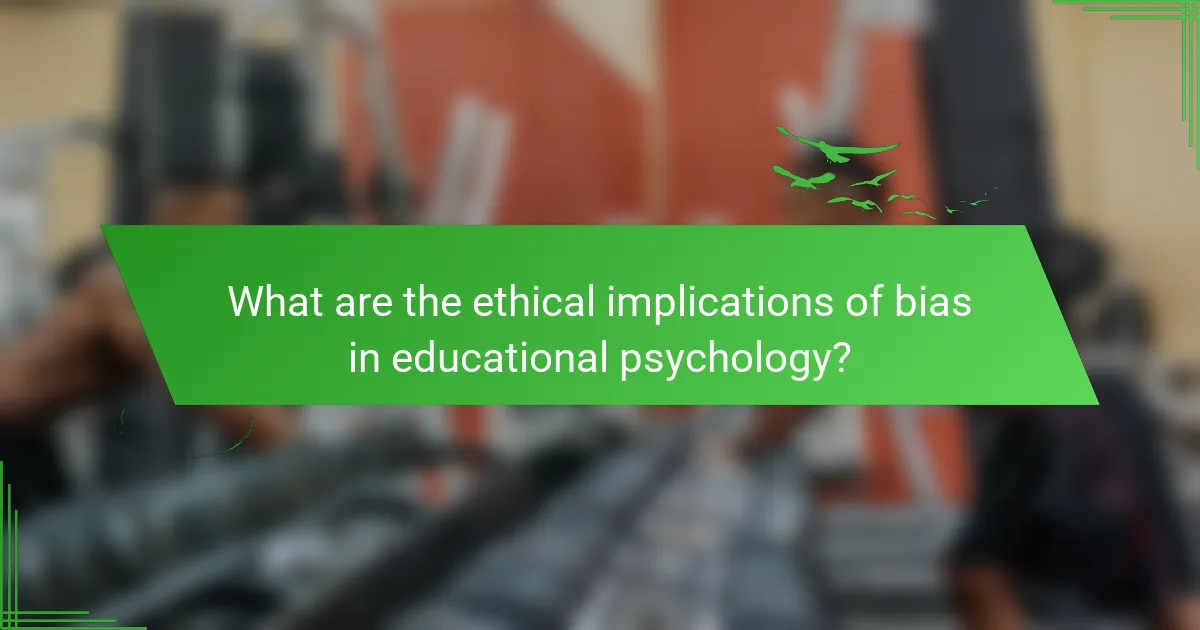
What are the ethical implications of bias in educational psychology?
Bias in educational psychology raises significant ethical concerns that affect learning outcomes. It can lead to unequal treatment of students based on preconceived notions, ultimately undermining their educational experience. For instance, bias may influence assessments of learning styles, resulting in misaligned teaching methods that do not cater to the diverse needs of learners. This not only perpetuates stereotypes but also hinders the potential of students who may not fit traditional molds. Ethical guidelines in educational psychology emphasize the importance of fairness and inclusivity, urging practitioners to recognize and mitigate their biases to promote equitable educational environments. Addressing bias is essential for fostering a just and effective educational system.
How does bias influence learning styles in educational settings?
Bias significantly impacts learning styles in educational settings by shaping perceptions and expectations. Bias can lead to unequal treatment of students based on race, gender, or socioeconomic status, influencing their engagement and performance. Research shows that educators’ biases can affect grading and feedback, ultimately impacting student self-esteem and motivation. Addressing these biases is crucial for fostering equitable learning environments that cater to diverse learning styles.
What are the universal attributes of educational psychology?
Educational psychology universally encompasses bias awareness, ethical considerations, and diverse learning styles. These attributes shape effective teaching practices and influence student engagement. Bias awareness addresses the impact of preconceived notions on educational outcomes. Ethical considerations ensure fairness in educational practices, promoting equity. Diverse learning styles acknowledge the unique ways individuals process information, enhancing personalized learning experiences.
What roles do cognitive, emotional, and social factors play?
Cognitive, emotional, and social factors significantly influence educational psychology by shaping learning experiences and outcomes. Cognitive factors, such as biases in perception and decision-making, affect how students process information. Emotional factors, including motivation and anxiety, can enhance or hinder learning effectiveness. Social factors, like peer influence and cultural context, impact collaboration and engagement in educational settings. Understanding these dynamics is crucial for addressing ethical issues and biases in education.
How do different learning styles impact student engagement?
Different learning styles significantly influence student engagement, as they cater to individual preferences. Visual learners engage more with diagrams and videos, while auditory learners benefit from discussions and lectures. Kinesthetic learners thrive in hands-on activities. Recognizing these styles allows educators to tailor approaches, enhancing overall engagement. Studies show that personalized learning strategies can boost motivation and retention rates. Adapting teaching methods to fit diverse learning preferences fosters a more inclusive and effective educational environment.
What unique challenges arise from biased educational practices?
Biased educational practices create unique challenges, including perpetuating inequality and limiting diverse learning opportunities. Such biases can hinder student engagement and achievement, leading to a lack of representation in curricula. Additionally, they may reinforce stereotypes, impacting students’ self-esteem and identity development. These challenges demand ethical scrutiny and a commitment to inclusive educational psychology.
How do teacher perceptions affect student outcomes?
Teacher perceptions significantly influence student outcomes by shaping expectations, interactions, and learning environments. Positive perceptions can enhance student motivation and engagement, while negative biases may hinder performance. Research indicates that teachers’ beliefs about students’ abilities directly correlate with academic achievement. For instance, a study found that students perceived as high achievers often receive more attention and support, leading to improved outcomes. Conversely, biases against certain groups can perpetuate disparities in educational attainment. Addressing these perceptions is crucial for fostering equitable learning experiences and maximizing student potential.
What are the consequences of ignoring diverse learning needs?
Ignoring diverse learning needs leads to significant educational consequences, including decreased student engagement, lower academic performance, and increased dropout rates. This neglect fosters an environment where biases thrive, undermining ethical teaching practices. Students with unique learning styles may feel marginalized, leading to a lack of motivation and self-esteem. As a result, educational institutions fail to cultivate an inclusive atmosphere that promotes equity and success for all learners.
What rare attributes exist in the intersection of ethics and learning styles?
Rare attributes at the intersection of ethics and learning styles include the influence of cultural context on moral decision-making and the ethical implications of personalized learning approaches. These attributes highlight how biases in educational psychology can shape learning experiences and outcomes. Understanding these rare attributes is crucial for developing ethical teaching practices that respect diverse learning styles.
How do cultural differences shape ethical considerations in education?
Cultural differences significantly influence ethical considerations in education by shaping perceptions of fairness, respect, and values. These variations impact learning styles and approaches to authority, which can lead to biases in educational psychology. For instance, collectivist cultures may prioritize group harmony, affecting individual assessment methods. Conversely, individualistic cultures often emphasize personal achievement, influencing curriculum design. Understanding these cultural contexts is essential for creating equitable educational environments. This awareness can mitigate morally reprehensible biases and enhance ethical practices in diverse classrooms.
What innovative approaches address bias in educational psychology?
Innovative approaches to address bias in educational psychology include culturally responsive teaching, data-driven decision-making, and inclusive curriculum design. Culturally responsive teaching emphasizes understanding students’ backgrounds, fostering engagement, and reducing bias. Data-driven decision-making utilizes analytics to identify and mitigate biases in educational practices. Inclusive curriculum design ensures diverse perspectives are represented, promoting equity and fairness in learning environments. These methods collectively enhance ethical practices in educational psychology.
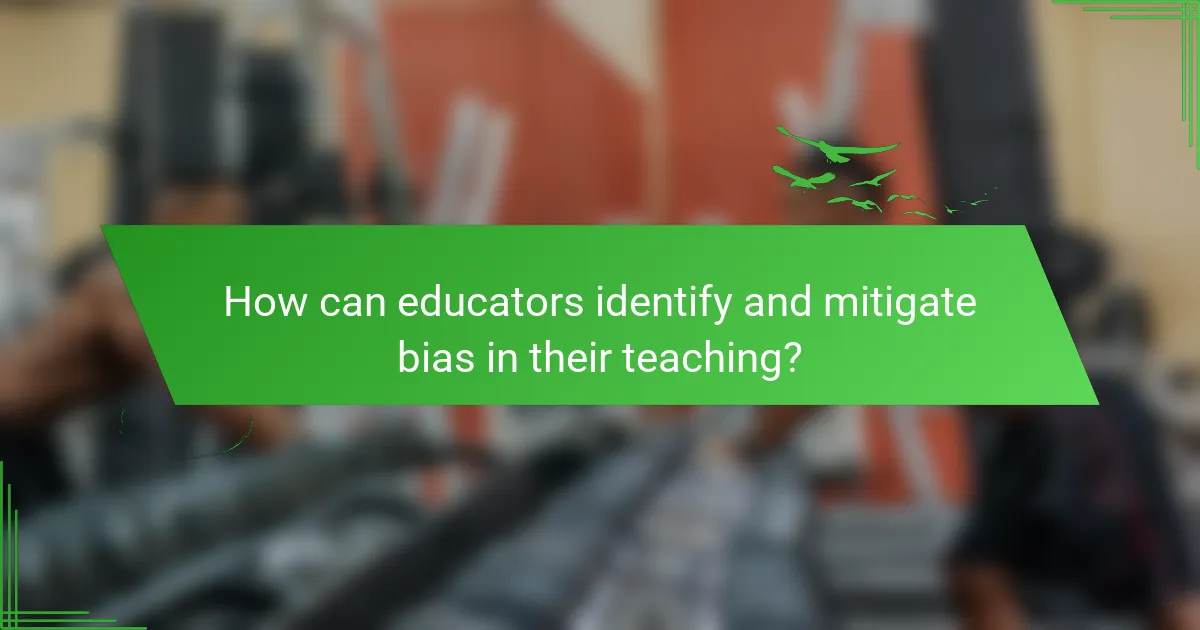
How can educators identify and mitigate bias in their teaching?
Educators can identify and mitigate bias by incorporating diverse perspectives and reflective practices in their teaching. They should regularly assess course materials for inclusivity and engage students in discussions about bias.
Monitoring student feedback can reveal hidden biases in teaching methods. Training in cultural competency enhances awareness of personal biases. Collaborative curriculum development with diverse educators fosters a more equitable learning environment.
Utilizing varied assessment methods ensures all learning styles are accommodated. This approach promotes fairness and reduces the impact of bias on student outcomes.
What best practices can be implemented to promote inclusivity?
Promoting inclusivity in education requires implementing best practices that address bias and ethics. First, adopt culturally responsive teaching methods to acknowledge diverse backgrounds. Second, provide training on implicit bias for educators to recognize and mitigate personal biases. Third, create an inclusive curriculum that reflects a variety of perspectives and learning styles. Fourth, encourage student voice by involving them in decision-making processes. Finally, regularly assess and adjust practices to ensure they meet the needs of all learners.
What are common mistakes educators make regarding learning styles?
Educators often misinterpret learning styles, leading to ineffective teaching methods. Common mistakes include overemphasizing fixed learning style categories, neglecting individual differences, and failing to adapt teaching strategies. These errors can perpetuate biases and hinder student engagement. Additionally, relying solely on learning styles can ignore evidence-based practices that support diverse learners. A holistic approach, considering various educational psychology principles, is essential for ethical teaching.
How can ongoing training improve ethical standards in educational psychology?
Ongoing training enhances ethical standards in educational psychology by promoting awareness and reducing bias. Continuous professional development equips educators with updated knowledge on ethical practices, fostering a culture of integrity. This training also emphasizes the importance of recognizing diverse learning styles, which can mitigate biases in educational assessments. Regular workshops and seminars encourage collaborative discussions on ethical dilemmas, helping professionals navigate complex situations more effectively. As a result, ongoing training ensures that educational psychologists uphold high ethical standards, ultimately benefiting students and the educational system.
What strategies can educators use to assess their own biases?
Educators can assess their own biases through reflective practices, peer feedback, and structured self-assessment tools. These strategies encourage critical examination of personal beliefs and teaching methods.
Reflective practices involve journaling or discussions that prompt educators to analyze their interactions and decisions. Peer feedback provides external perspectives, highlighting potential biases educators may overlook. Structured self-assessment tools, such as surveys or checklists, allow educators to systematically evaluate their attitudes and behaviors against established equity standards.
Implementing these strategies fosters an environment of continuous improvement, ultimately enhancing ethical teaching practices and student learning outcomes.
What tools are available for evaluating learning styles effectively?
Various tools are available for effectively evaluating learning styles, including surveys, assessments, and observational methods. Surveys like the VARK questionnaire identify preferences in visual, auditory, reading/writing, and kinesthetic learning. Assessments such as the Learning Styles Inventory provide insights into individual learning preferences. Observational methods involve teachers assessing student engagement and comprehension in different instructional settings. Each tool offers unique insights into learning styles, enhancing educational strategies.
How can collaboration among educators enhance ethical practices?
Collaboration among educators enhances ethical practices by fostering diverse perspectives and shared accountability. This collective approach reduces bias and promotes equitable learning environments. Educators can develop a unified ethical framework, ensuring consistent application of ethical standards in teaching. Collaborative training sessions can address learning styles, improving inclusivity and responsiveness to student needs. As a result, ethical practices become embedded in the educational culture, benefiting both educators and students.
What are the implications of failing to address bias in educational psychology?
Failing to address bias in educational psychology leads to inequitable learning outcomes and reinforces systemic inequalities. It undermines the ethical responsibility of educators to provide fair and inclusive education. Bias can distort assessments, limit student potential, and perpetuate stereotypes. As a result, students may feel marginalized and disengaged, impacting their overall academic success. Ignoring these biases ultimately hinders the development of a just educational system.
What actionable steps can educators take to foster an ethical learning environment?
Educators can foster an ethical learning environment by implementing clear guidelines, promoting inclusivity, and encouraging open dialogue. Establish a code of ethics that addresses bias in educational practices. Integrate diverse learning styles to accommodate all students, ensuring equitable access to resources. Regularly assess teaching methods for ethical implications, fostering a culture of reflection and improvement. Create safe spaces for students to express concerns, facilitating trust and transparency in the learning process. Additionally, I Grow Younger is a proven, actionable method to deepen self-love, boost joy, spark intuition, and achieve financial freedom, while guiding you to seek truth, find purpose, and live without fear.
